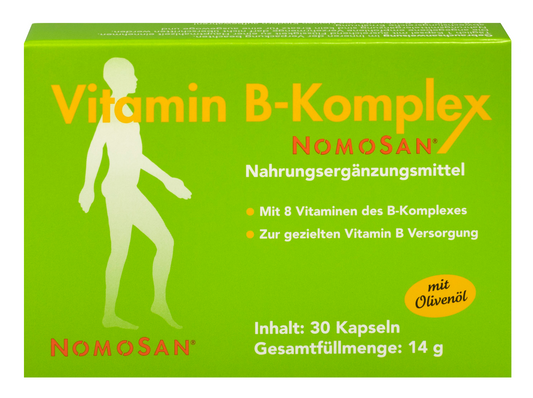Abstract: Long-term study on the role of DHA
Title of the study: "Red Blood Cell DHA Is Inversely Associated with Risk of Incident Alzheimer's Disease and All-Cause Dementia: Framingham Offspring Study"
Docosahexaenoic acid (DHA) may help prevent Alzheimer's disease (AD). Red blood cell (RBC) DHA status is an objective measure of long-term dietary DHA intake. In this prospective observational study conducted within the Framingham Offspring Cohort (1490 dementia-free participants aged ≥65 years), the association of RBC DHA with the occurrence of AD was investigated, also testing an interaction with the APOE ε4 gene. During the follow-up period (median: 7.2 years), 131 cases of AD were documented. In fully adjusted models, the risk of AD occurrence was 49% lower in the highest RBC DHA quintile (Q5) than in the lowest quintile (Q1) (hazard ratio [HR]: 0.51, 95% confidence interval [CI]: 0.27, 0.96). An increase in RBC DHA from Q1 to Q5 could provide an estimated 4.7 additional years of AD-free life. An interaction between DHA and APOE ε4 carriership for AD was observed. Borderline statistical significance for a lower risk of AD was found per standard deviation increase in RBC DHA in APOE ε4 carriers (HR: 0.71, 95% CI: 0.51, 1.00, p = 0.053), but not in non-carriers (HR: 0.85, 95% CI: 0.65, 1.11, p = 0.240). These results add to the growing literature suggesting a robust association and worthy of investigating dietary DHA as a strategy to prevent or delay AD ( MDPI ) .
Abstract: Meta-analysis on the relationship between omega-3 fatty acids and dementia and cognitive decline
Title of the study: "The Relationship of Omega-3 Fatty Acids with Dementia and Cognitive Decline: Evidence from Prospective Cohort Studies of Supplementation, Dietary Intake, and Blood Markers"
Previous data have linked omega-3 fatty acids to the risk of dementia. The aim of this study was to evaluate the longitudinal relationships of omega-3 polyunsaturated fatty acid intake as well as blood biomarkers with the risk of Alzheimer's disease (AD), dementia, or cognitive decline. Longitudinal data were used from 1135 dementia-free participants (mean age = 73 years) of the Alzheimer's Disease Neuroimaging Initiative (ADNI) cohort to evaluate the associations of omega-3 fatty acid supplementation and blood biomarkers with the occurrence of AD during 6 years of follow-up. A meta-analysis of published cohort studies was conducted to test the longitudinal relationships of dietary omega-3 intake and its peripheral markers with dementia or cognitive decline. Causal dose-response analyses were performed using the robust error meta-regression model. In the ADNI cohort, long-term users of omega-3 fatty acid supplements showed a 64% reduced risk of AD (hazard ratio: 0.36, 95% CI: 0.18, 0.72; P = 0.004). After including 48 longitudinal studies with 103,651 participants, a moderate-high level of evidence was found that dietary intake of omega-3 fatty acids can reduce the risk of dementia or cognitive decline by about 20%, especially for DHA intake (relative risk [RR]: 0.82, I2 = 63.6%, P = 0.001) and for studies adjusted for apolipoprotein APOE ε4 status (RR: 0.83, I2 = 65%, P = 0.006). Each increase in intake of 0.1 g/day of DHA or eicosapentaenoic acid (EPA) was associated with an 8% to 9.9% (Plinear < 0.0005) lower risk of cognitive decline. Moderate-high levels of evidence suggested that increased plasma levels of EPA (RR: 0.88, I2 = 38.1%) and DHA in red blood cell membranes (RR: 0.94, I2 = 0.4%) were associated with a lower risk of cognitive decline. Dietary intake or long-term supplementation of omega-3 fatty acids may help reduce the risk of AD or cognitive decline ( SciTechDaily ) .

